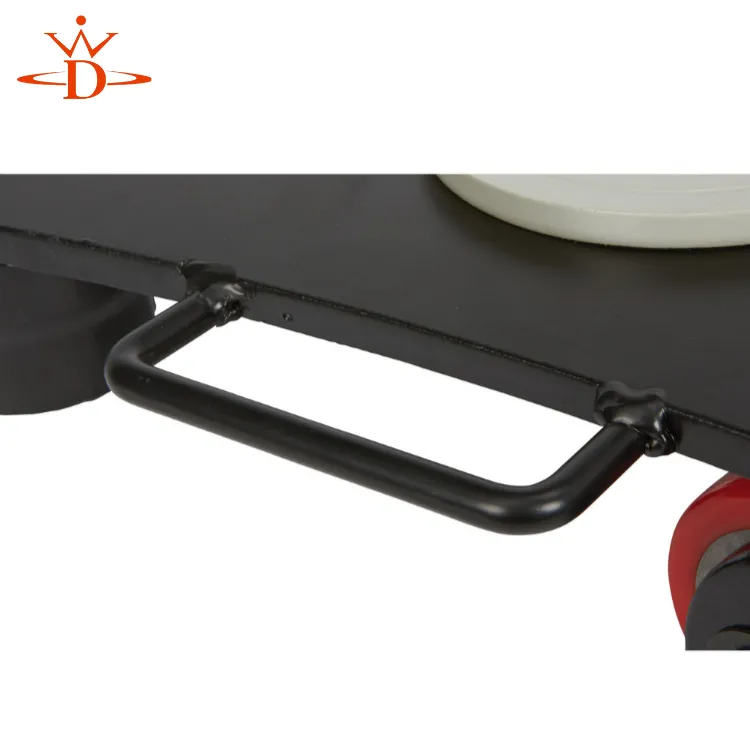Efficient Relocation Services for Heavy Machinery and Equipment Handling
The Essential Role of Equipment Movers in Today’s Industry
In today’s fast-paced industrial landscape, the efficient transportation of heavy machinery and equipment is paramount. Equipment movers play a crucial role in this process, ensuring that businesses can operate seamlessly without the hindrances that come from equipment relocation. Whether it's for construction, manufacturing, or commercial purposes, understanding the services offered by equipment movers and their significance can greatly benefit companies in various sectors.
Understanding the Role of Equipment Movers
Equipment movers specialize in the safe and effective transport of heavy machinery, ranging from simple tools to large industrial equipment. Their services encompass a variety of tasks, including disassembly, loading, unloading, and reassembly of machinery, as well as providing the necessary rigging and transportation services. This specialized expertise is vital, as heavy equipment often weighs several tons and can be complicated to transport.
One of the core responsibilities of equipment movers is to ensure that all equipment is transported securely. This can involve using custom-designed trailers, cranes, and other lifting equipment tailored to the specific needs of the machinery being moved. Movers must also have a thorough understanding of weight distribution, load securing techniques, and safety regulations to prevent accidents and damage during transit.
The Importance of Safety and Compliance
Safety is a key concern when moving heavy equipment. Equipment movers are typically trained in industry safety standards and best practices, which helps mitigate the risks associated with lifting and transportation. Compliance with local, state, and federal regulations is also crucial, especially when moving equipment over public roads or in industrial environments. A reputable equipment mover will have the necessary permits and insurance to cover any potential liabilities, providing peace of mind for businesses that entrust them with their machinery.
equipment movers

Moreover, accidents during transportation can lead to significant financial losses and production delays. Hiring professional equipment movers helps to minimize these risks. Their experience allows them to foresee potential issues that less experienced personnel might overlook, ensuring that the move is completed safely and on schedule.
Cost-Effectiveness and Efficiency
While some businesses might consider renting their own equipment to move machinery, this can often lead to increased costs in the long run. When factors such as labor, rental fees, and the potential for damage are taken into account, professional equipment movers frequently provide a more cost-effective solution. Their trained personnel can execute the move quickly, reducing downtime and allowing businesses to resume normal operations as soon as possible.
Additionally, equipment movers often have access to specialized tools and equipment that the average company may not possess, further ensuring a smooth transition. Their expertise in managing logistics means that they can often navigate challenges such as tight schedules or complex site layouts more efficiently than in-house teams.
Conclusion
In conclusion, equipment movers are an indispensable asset in various industries, offering the expertise, safety, and efficiency needed for the transportation of heavy machinery and equipment. Their role extends beyond mere transportation, encompassing every aspect of the moving process to ensure that companies can focus on their core operations without the added stress of machinery relocation. As industries continue to evolve and grow, the demand for skilled equipment movers is likely to increase, underscoring their importance in the modern business environment. By entrusting equipment movers with their machinery, businesses can enhance productivity while ensuring the safety and integrity of their valuable assets.
-
Unlock Seamless Relocation with Our Heavy Equipment Moving ExpertiseNewsJun.06,2025
-
Unleash Unrivaled Flexibility with Our Adjustable Gantry CraneNewsJun.06,2025
-
Unleash Heavy-Duty Efficiency with Our Industrial Gantry Crane SolutionsNewsJun.06,2025
-
Revolutionize Steel Handling with Our Magnetic Lifter RangeNewsJun.06,2025
-
Master Equipment Mobility with Premium Machinery Mover SolutionsNewsJun.06,2025
-
Elevate Your Material Handling with Magnetic Lifter TechnologyNewsJun.06,2025
-
YS Permanent Lifting Magnets: The Smarter Way to Handle SteelNewsMay.22,2025
